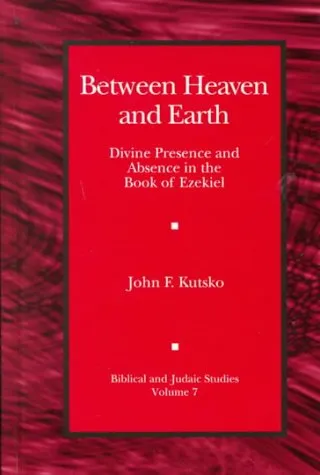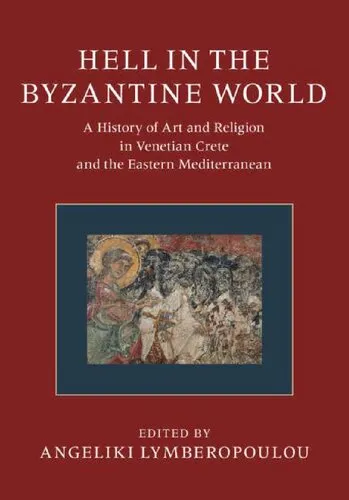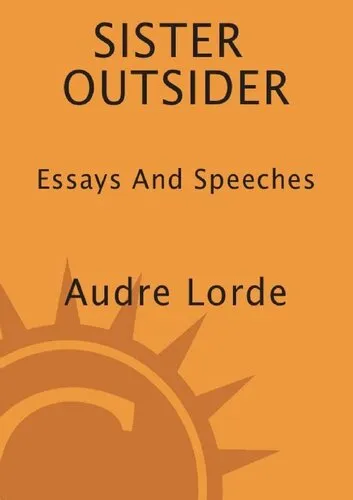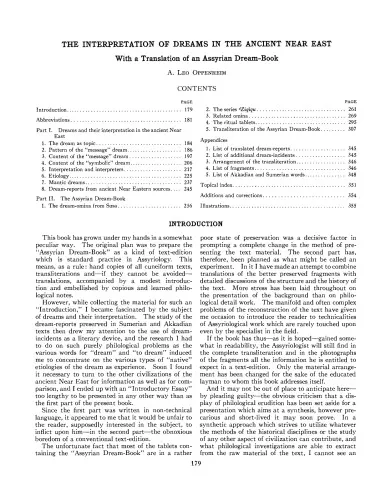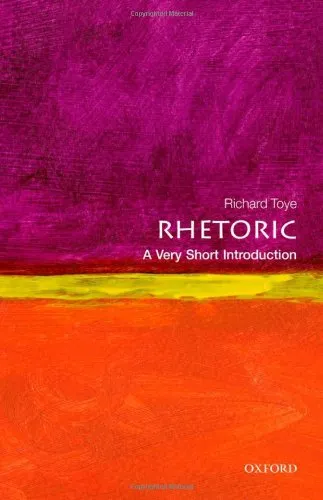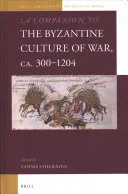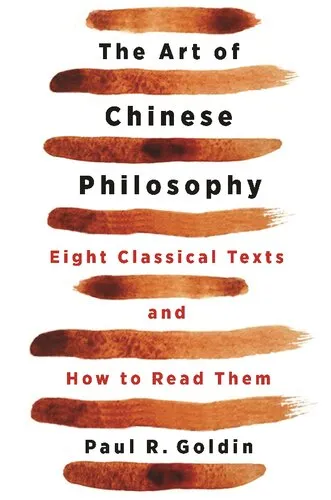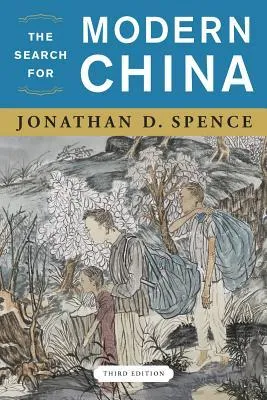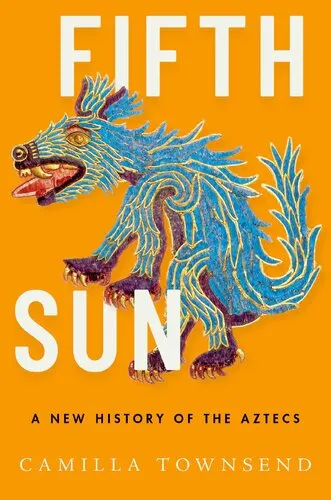Between Heaven and Earth: Divine Presence and Absence in the Book of Ezekiel
4.5
Reviews from our users

You Can Ask your questions from this book's AI after Login
Each download or ask from book AI costs 2 points. To earn more free points, please visit the Points Guide Page and complete some valuable actions.Related Refrences:
With the destruction of the Jerusalem Temple and the exile of members of the Israelite community to the land of its enemies, whose gods were represented as divine statues, the prophet Ezekiel faced a challenge: how to respond to the enemies' taunts that Israel's God was absent, whereas the foreigners' gods self-evidently were present. Thus, to ask the question, "Where is God" was to face several complex and tangled problems. How is God to be represented? How is Yahweh to be differentiated from other deities? What is Yahweh's relationship to Israel in exile?Kutsko sets out to answer these questions within the theme of divine presence and absence, particularly as it relates to the kabod theology in Ezekiel. He shows that God's absence becomes, for Ezekiel, an argument for his presence and power, while the presence of idols indicated their absence and impotence. Ezekiel extends this proposition into a corollary: God's presence is not consigned to sanctuary, for God is a sanctuary. In this regard, absence from the Temple is a message of judgment and the precursor to a message of restoration. If God can become a sanctuary, his presence in exile becomes a message of victory even over imperial powers. This conceptualization of Yahweh, then, ends up defining the power and position of Israel's God in distinctively universal terms. In this contribution, the book of Ezekiel plays a central and previously unappreciated role in the development of Israelite theology, and monotheism in particular.
Free Direct Download
You Can Download this book after Login
Accessing books through legal platforms and public libraries not only supports the rights of authors and publishers but also contributes to the sustainability of reading culture. Before downloading, please take a moment to consider these options.
Find this book on other platforms:
WorldCat helps you find books in libraries worldwide.
See ratings, reviews, and discussions on Goodreads.
Find and buy rare or used books on AbeBooks.
1262
بازدید4.5
امتیاز0
نظر98%
رضایتReviews:
4.5
Based on 0 users review
Questions & Answers
Ask questions about this book or help others by answering
Please login to ask a question
No questions yet. Be the first to ask!
